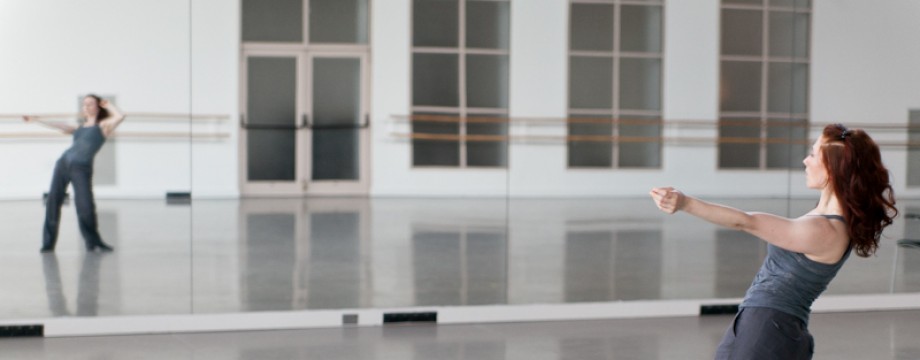If I were a music teacher, I’d probably compare teaching Dance to teaching percussion… mainly due to one observation.
A natural percussionist, can play soft or hard, slow or fast, but the way that they attack the drums is with a level of relaxation and precision that the unnatural percussionist probably can’t achieve. I don’t teach drums, and I don’t play drums all that often, but I watch drummers. I’m transfixed by their fluidity, the way their bodies move, not just their arms. The way they seem to be as lost in, yet connected to the music as I am during the best dances makes me feel that I have a kind of camaraderie with them. And like a dancer, the drummer does not just play alone, expecting to be followed by the instrumentalists; it’s a conversation in rhythm and time.
With the new or unnatural percussionist, and I’ve seen quite a few in my audio engineering days, there is an intensity and an intention. It’s almost like someone who lacks depth perception, watching the curb, the street and the grass with every step. There’s more inner turmoil and feedback going on between each beat as the mind tries to tell the body which drum to hit and the body tries to catch up to what the rhythm should be according to how the mind is tracking it. These drummers, even as they get better often develop a reputation of being “intense” drummers, but if a student of mine danced the way these drummers play, they’d probably shred their knees and hips within a year of hammering the dance-floor with their feet.
I would also say that this kind of drummer would be good at re-creating the same patterns over and over again, for their limited dexterity is borne purely out of memorization. It’s this way with new students as well. Teach them a combination in a class and they will do that same combination in that order out on the dance floor over and over again unless you force them to learn a new one. In which case, they think in terms of patterns that one can categorize and memorize, not sets of vocabulary that can be mixed up according to the conversation.
This realization is bolstered by a nugget I copied and pasted out of a blues discussion a few weeks ago.
[O]ne of the most key changes I see between intermediate and advanced dancers is that shift from tense and intellectual to relaxed and visceral. Intermediate dancers tend to be thinking and trying a lot. This isn’t a BAD thing, but it tends to get in the way of truly connecting with the music or their partner. Advanced dancers tend to be more relaxed into it, just going with the flow and letting things happen. There’s a certain “I don’t care” nature to very advanced dancers that makes everything look more raw and gritty, which is what I love about these kinds of dances.
Now, I think of both of these things as states not stages. I think that, for a long time, dancers flow in between levels. In each night, or even in each 3 minute dance, a dancer within a certain proximity of the intermediate-advanced line will flow back and forth between the two. Eventually, they start spending more and more time in the advanced state.
—Liz Stone, San Francisco
For me… this state is easy to identify in myself and in others. I know when I’ve reached that relaxed state and when I can let the movement flow. I’ve heard writers speak of the same thing, of sitting down to write and having a story flow right out of them. But rarely does one reach that state on first effort.
The question I wrestle with, is what to do with those who have that unnatural feel, the ones that you have to remind, “hit the floor on the down-beat.” I think the best math teachers are the ones who struggled with math as a kid, who had to develop tricks to figure it out, the ones who don’t just think in numbers. But can an unnatural dancer rise to a level to teach others of a similar persuasion?


